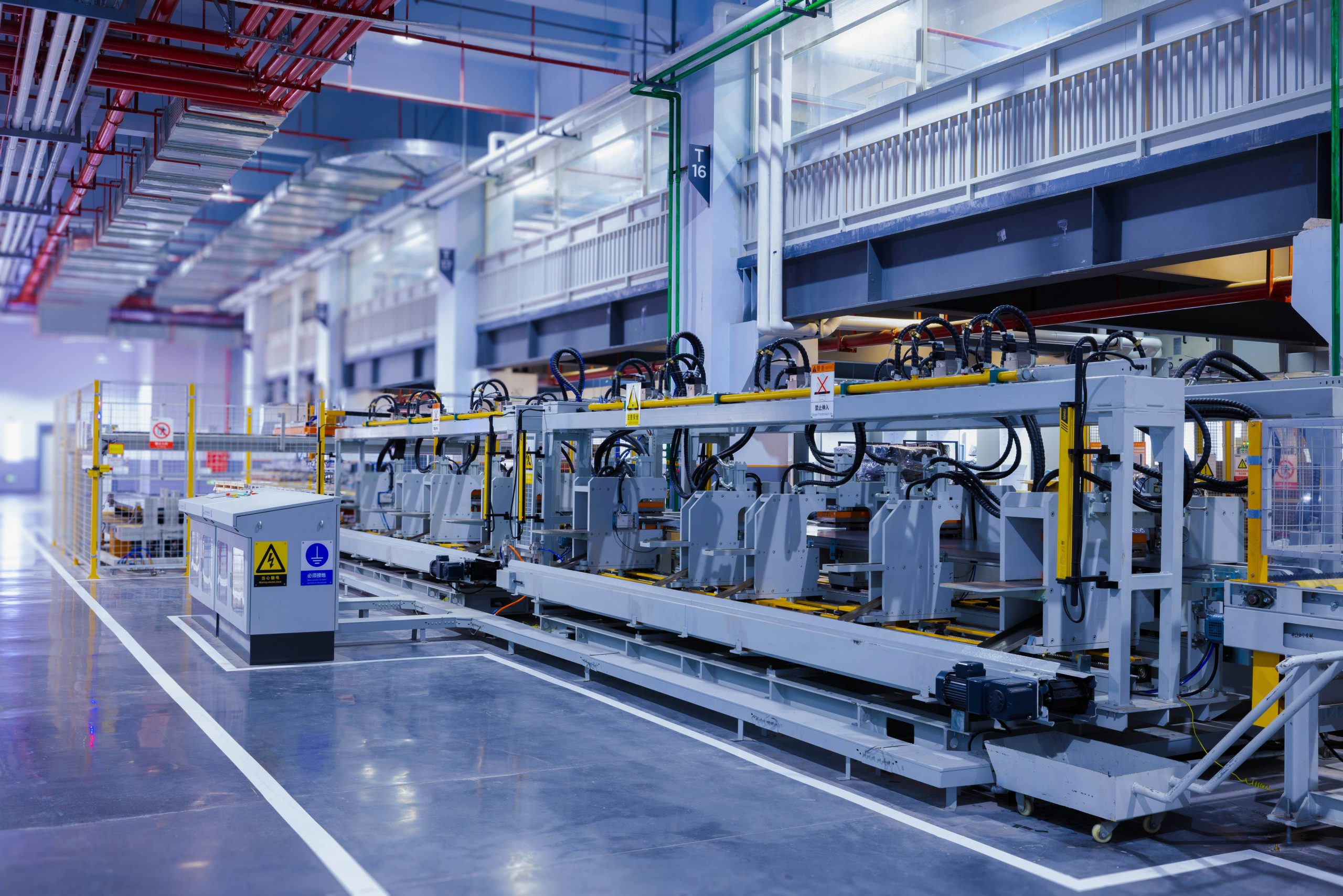Comprehensive Guide to Commercial Generators: Powering Business Continuity
Commercial generators are essential for ensuring a reliable power supply for businesses, industrial facilities, and other commercial operations.
They provide backup power during outages, enabling businesses to maintain operations and prevent losses. Here’s an in-depth look at commercial generators, their types, features, benefits, selection criteria, and maintenance tips.
Commercial generators are crucial for maintaining business continuity, ensuring safety and security, and preventing financial losses during power outages. By understanding the different types of generators, assessing your power needs, and considering factors such as fuel type, noise level, and budget, you can select the ideal generator for your business.
- Fuel Efficiency: Diesel generators are known for their high fuel efficiency, making them cost-effective for long-term use.Capable of providing high power output, suitable for large commercial operations.
- Durability:Built to withstand heavy-duty use and have a longer lifespan.Durable and require less frequent maintenance compared to other types.
- Noise:Can be noisier than gas generators, requiring noise-reduction measures in certain settings. Use natural gas, which burns cleaner than diesel, reducing environmental impact.
- Fuel Supply Dependency:Dependence on the natural gas grid, which can be a limitation during widespread disruptions.
